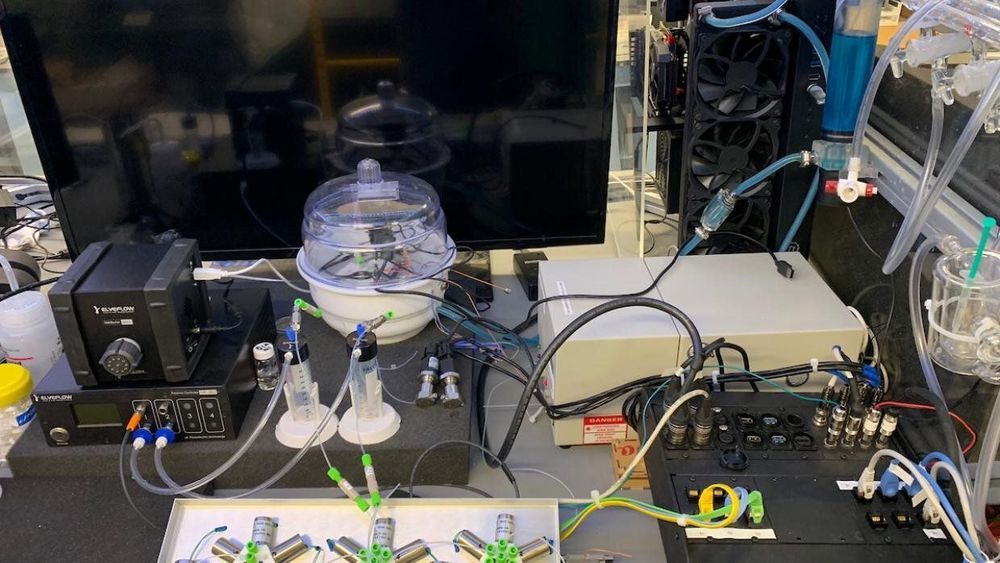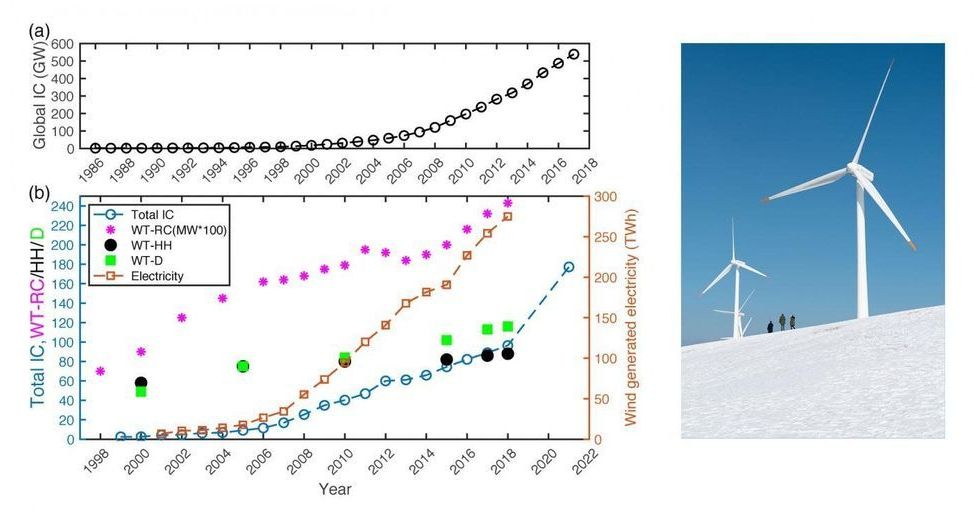The Universidad Carlos III de Madrid (UC3M), together with the Universidad Pontificia de Comillas and the University of Porto, has patented a magnetic cork that could remove polluting particles from water, among other uses.
The magnetic cork has been created through a process of co-precipitation of iron oxide through which magnetite is obtained. This mineral is absorbed as soon as it comes into contact with the surface of the cork. “The patent arises from the need to make graded adhesive joints. It occurred to me, when reading about the various techniques that are used for graded joints and about cork, that we could make the cork magnetic using the process that is currently used to obtain magnetite,” notes Juana Abenojar, researcher in the Department of Materials Science and Engineering and Chemical Engineering at the UC3M.
Thanks to the magnetisation of cork, the ease of capturing particles with the help of a magnet allowing them to be positioned in a particular place —for example, to modify rigid polymers when an area needs to be more ductile than the rest as it is going to be subjected to impact—is added to the inherent advantages of the material, such as its low weight an impact resistance. Using the magnet, a greater number of magnetic cork particles are put in a certain place to achieve greater flexibility.






